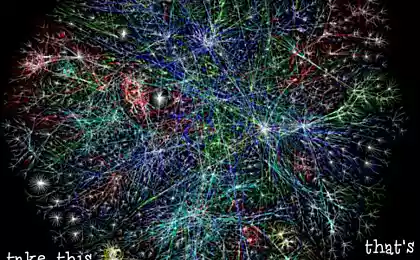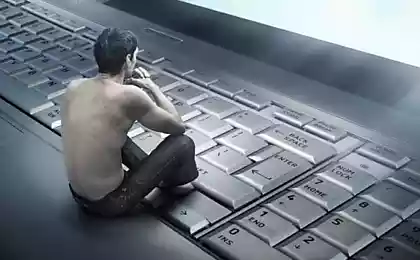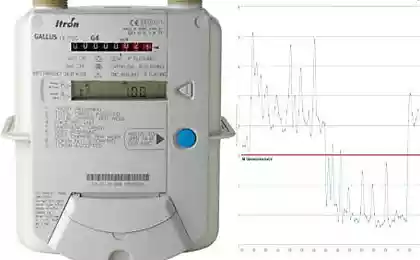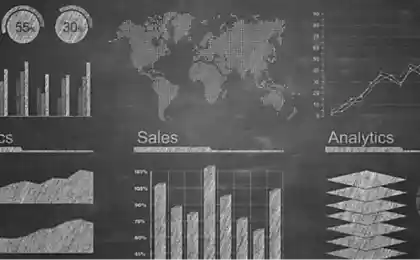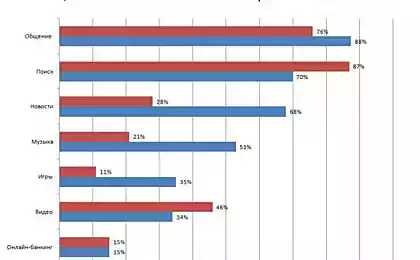695
How to recognize a liar when communicating in social networks
It's simple - watch the time, which is the source spends otvet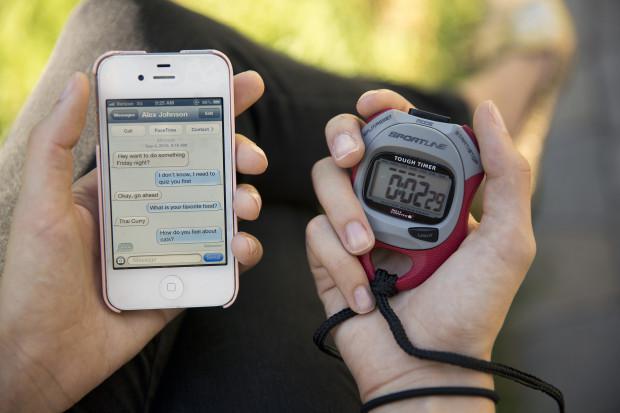
If you often communicate in social networks, you probably noticed that sometimes the source is interrupted in mid-sentence and completes it only a short time later. The researchers believe that this may mean that the other person is lying and spends time thinking about his words. In addition, liars are more likely to write short messages and making edits to the text larger.

"Digital communication - a fertile ground for fraud, people can easily hide their true intentions, and so are more inclined to lie to the other party," - said Dr. Tom Meserve from Brigham Young University, Utah.
According to the scientist, during a conversation face to face people in about 54% of cases are able to detect lies, but do it when communicating through social networks, e-mail, sms or other electronic services much more difficult, because it is not possible to perceive facial expressions and intonation.
In collaboration with Professor Jeffrey Jenkins and colleagues from the University of Nebraska Omaha and Arizona State University, Tom Meserve has developed a computer program capable of analyzing online conversations and keep track of the possible signs of a lie.
Each of the one hundred participants in the experiment, scientists asked to answer 30 questions, with 50% of the answers were to be false. It was found that on average, lie takes 10% more time than the truthful answer, because the participants often had to edit your posts. According Meserve, their technology is able to detect lies in real-time.
Of course, if someone is too long writes a reply message can not be unambiguously and categorically claim that he is lying, but the leaders of the research say about certain regularities, which in the future may contribute to the creation of better lie detectors. "While we are only at the beginning of this path," - concludes Jenkins.
via factroom.ru

If you often communicate in social networks, you probably noticed that sometimes the source is interrupted in mid-sentence and completes it only a short time later. The researchers believe that this may mean that the other person is lying and spends time thinking about his words. In addition, liars are more likely to write short messages and making edits to the text larger.

"Digital communication - a fertile ground for fraud, people can easily hide their true intentions, and so are more inclined to lie to the other party," - said Dr. Tom Meserve from Brigham Young University, Utah.
According to the scientist, during a conversation face to face people in about 54% of cases are able to detect lies, but do it when communicating through social networks, e-mail, sms or other electronic services much more difficult, because it is not possible to perceive facial expressions and intonation.
In collaboration with Professor Jeffrey Jenkins and colleagues from the University of Nebraska Omaha and Arizona State University, Tom Meserve has developed a computer program capable of analyzing online conversations and keep track of the possible signs of a lie.
Each of the one hundred participants in the experiment, scientists asked to answer 30 questions, with 50% of the answers were to be false. It was found that on average, lie takes 10% more time than the truthful answer, because the participants often had to edit your posts. According Meserve, their technology is able to detect lies in real-time.
Of course, if someone is too long writes a reply message can not be unambiguously and categorically claim that he is lying, but the leaders of the research say about certain regularities, which in the future may contribute to the creation of better lie detectors. "While we are only at the beginning of this path," - concludes Jenkins.
via factroom.ru
Professor of Mathematics, specializing in statistics, four won millions in a lottery
You can last a lifetime change eye color with silicone


